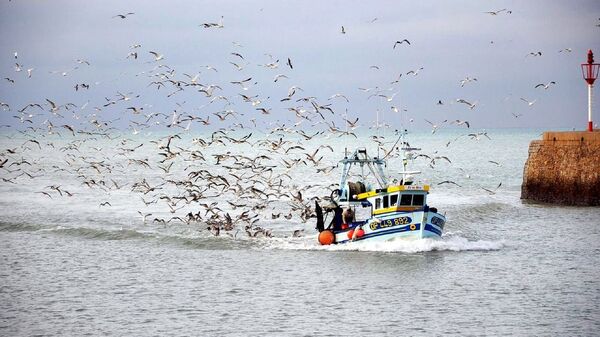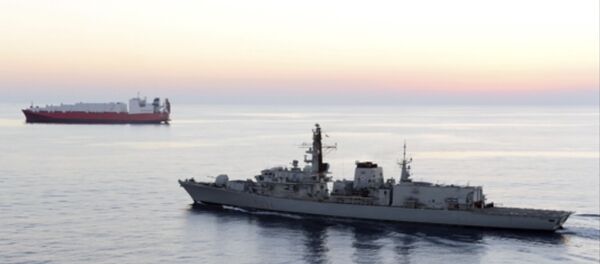Danish fishermen have called on their government in Copenhagen to block Norway’s access to the EU fish market through Denmark to stop the current one-lane traffic, in which Danish vessels are banned from Norwegian waters, yet Norwegian fish continues to be offloaded at Danish harbours.
While the UK and the EU eventually came to terms on fisheries after Brexit, both British and EU vessels have been barred from Norwegian waters. Olso withheld permits to EU and British fishing vessels since the new Brexit agreement came into force on 1 January, and seeks a new deal with the EU and Britain outlining a framework for sustainable management of the shared fish stock in the North Sea, before making separate agreements on specific quotas.
“It is vital for the Danish fishing industry to gain access,” president of the industry organisation Danish Fishermen, Svend-Erik Andersen, told Danish Radio.
And while protracted three-way talks are taking place between Norway, the EU and the UK, Danish fishing vessels have been stuck at port. Norwegian ships, meanwhile, continue to frequent Danish harbours in a business-as-usual manner.
“In Denmark, which they use as a transit country, we ought to have some buttons to push in order to put pressure on them,” fishing captain John Glanz Christensen told Danish Radio.
The Norwegian government, for its part, warned about the potential outcome already in December.
“If we don't have a deal in place by 1 January, we won't open Norway’s Economic Zone for fishing vessels from the EU and the UK. Nor do we expect Norwegian fishermen to be granted access to their zones”, Norway’s Fisheries and Seafood Minister Odd Emil Ingebrigtsen said in a press release, urging the EU and the UK to launch negotiations.
Danish Food, Agriculture and Fisheries Minister Rasmus Prehn has ruled out drastic measures such as intervening in Norwegian fish exports.
Fishing quotas were one of the biggest stumbling blocks in the Brexit talks. The UK demanded the value of the EU catch in UK waters to be drastically curtailed in a move that London saw as an issue of sovereignty, while Brussels deemed it completely unacceptable.
In the end, in what Downing Street described as a “prodigious” increase, 25 percent of the value of the EU catch UK waters will be “repatriated”.



